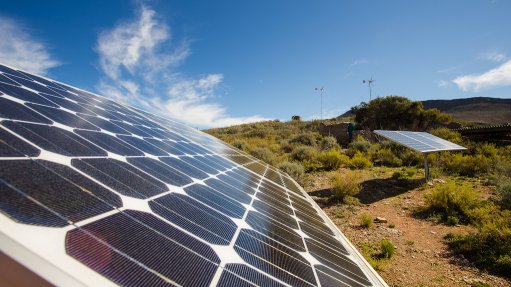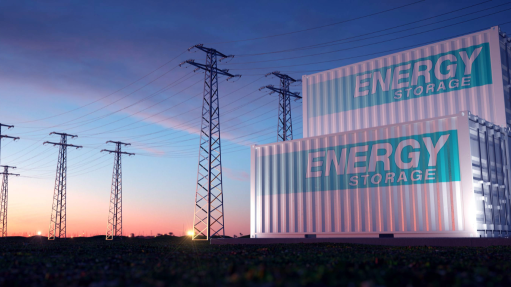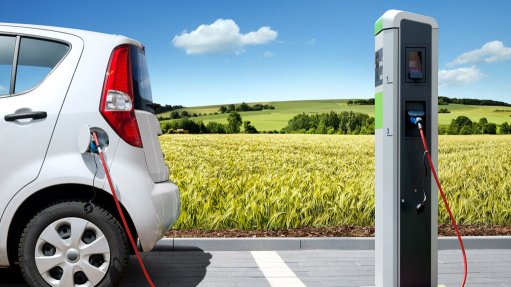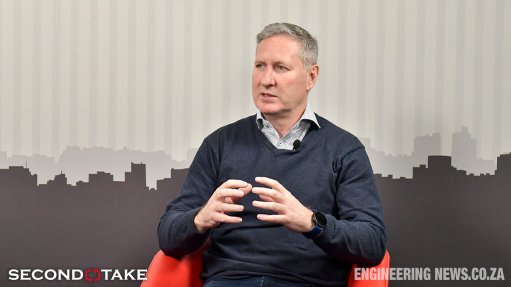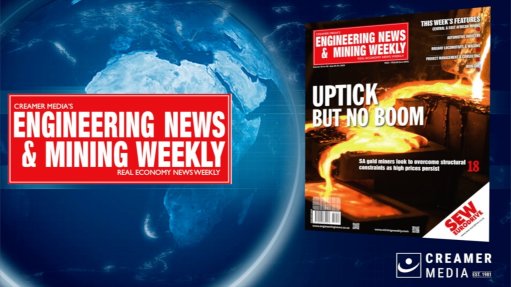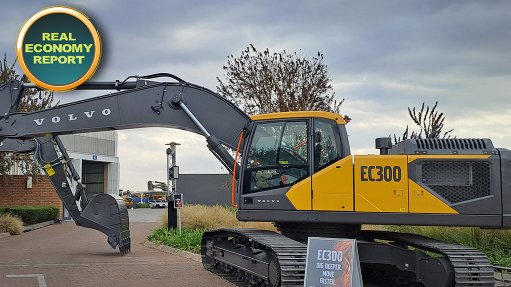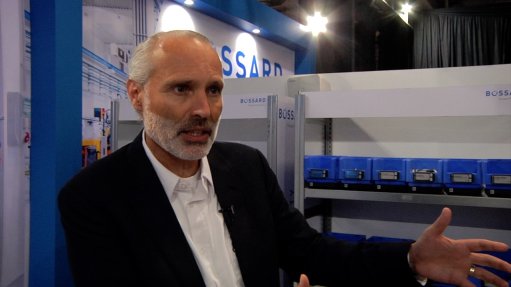Renewable energy: Opportunities and hurdles in going upstream
This article has been supplied.
By Alboricah Rathupetsane
South Africa’s widening inequality and staggering unemployment rates require us to diversify into as many job-creating industries as possible. As the renewable energy (RE) sector in South Africa grows, it presents the opportunity to create jobs by entering into upstream production activities such as the manufacturing of solar and wind-energy components. However, the role of the state in creating an enabling environment for this cannot be overemphasised.
Entering into upstream production activities in renewables is not an easy feat. I witnessed this firsthand in the six months I spent working with a local joint venture (JV) company that was aiming to spearhead wind-turbine manufacturing in South Africa.
While the JV partners retained full ownership of the venture and obtained the technology through a licensing agreement, the absence of a financial backer meant they had to cover the operational costs themselves to ensure the project is bankable. But finding funds for this proved challenging. Even financial institutions with developmental mandates like the Development Bank of South Africa and the Industrial Development Corporation require projects to have significant capital before they invest in a project. In a country where most people of colour don’t have access to this kind of money, where can competent, small players with good ideas go to find funding for their projects?
When this question was raised at the 2022 WINDABA Conference for local RE players, the resounding answer was for “small firms to partner up with big brother firms” in order to appear more attractive to investors. For the JV company, the big brother firm was, unfortunately, a very detached licensing partner who would only become more involved closer to the commissioning of the manufacturing facility.
For the case study in question, a production output of three 3MW turbines a week would create approximately 30 direct, onsite jobs made up of engineers, production supervisors and team leaders, technicians, and admin staff. Indirect jobs related to the upkeep of the facility and security would also be created onsite.
While the numbers are not overwhelming, the presence of the factory would also have a positive knock-on effect on the local economy. Contracted services such as the delivery of locally produced turbine blades to wind farms, as well as local businesses supplying materials like fibreglass, turbine blade mounts, and factory equipment would also benefit. Moreover, if wind farm project developers started sourcing their wind turbine blades locally, and the state maintained turbine demand through consistent Renewable Independent Power Producer Programme bid windows, the factory could expand and employ more people. However, none of this has happened because the JV company is still stuck in the mires of early business venture development.
The RE sector in South Africa has created some jobs, mainly in the construction and project development phase, however even more job creating opportunities can be unlocked by expanding the value chain domestically. As the sector grows through decarbonisation efforts, it should strive to maximise its value-add to the South African context. In light of the socio-economic situation, it is simply not enough for the growing RE sector to merely deliver new power generation to the country, though this is very important as well. The sector needs to be ambitious and innovative and expand into related value chain industries so that local economies can be boosted and jobs can be created. But the state needs to support this emerging sector and create an enabling environment that incentivises manufacturing by establishing policies that generate adequate demand and market stability.
Comments
Press Office
Announcements
What's On
Subscribe to improve your user experience...
Option 1 (equivalent of R125 a month):
Receive a weekly copy of Creamer Media's Engineering News & Mining Weekly magazine
(print copy for those in South Africa and e-magazine for those outside of South Africa)
Receive daily email newsletters
Access to full search results
Access archive of magazine back copies
Access to Projects in Progress
Access to ONE Research Report of your choice in PDF format
Option 2 (equivalent of R375 a month):
All benefits from Option 1
PLUS
Access to Creamer Media's Research Channel Africa for ALL Research Reports, in PDF format, on various industrial and mining sectors
including Electricity; Water; Energy Transition; Hydrogen; Roads, Rail and Ports; Coal; Gold; Platinum; Battery Metals; etc.
Already a subscriber?
Forgotten your password?
Receive weekly copy of Creamer Media's Engineering News & Mining Weekly magazine (print copy for those in South Africa and e-magazine for those outside of South Africa)
➕
Recieve daily email newsletters
➕
Access to full search results
➕
Access archive of magazine back copies
➕
Access to Projects in Progress
➕
Access to ONE Research Report of your choice in PDF format
RESEARCH CHANNEL AFRICA
R4500 (equivalent of R375 a month)
SUBSCRIBEAll benefits from Option 1
➕
Access to Creamer Media's Research Channel Africa for ALL Research Reports on various industrial and mining sectors, in PDF format, including on:
Electricity
➕
Water
➕
Energy Transition
➕
Hydrogen
➕
Roads, Rail and Ports
➕
Coal
➕
Gold
➕
Platinum
➕
Battery Metals
➕
etc.
Receive all benefits from Option 1 or Option 2 delivered to numerous people at your company
➕
Multiple User names and Passwords for simultaneous log-ins
➕
Intranet integration access to all in your organisation









